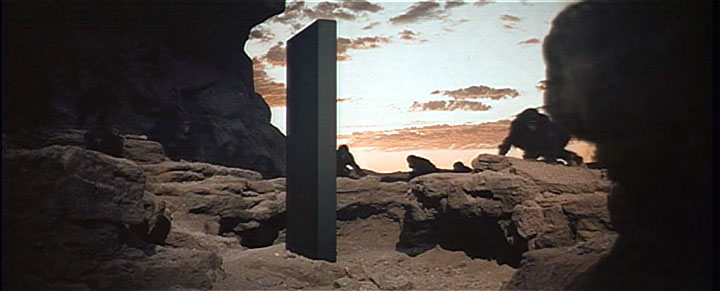Sapiens has no central point being made; rather there’s an intricate web of mostly interdependent theories and speculations. This makes for an enjoyable read, however at times it is easy to lose sight of the original premises used to build up on increasingly speculative conclusions.
His reflections on early humanity, what the author calls Cognitive Revolution and the unforeseen consequences of the Agricultural Revolution are the most interesting. Homo Sapiens’ edge over the competing species was the ability to operate in shared imagined worlds, which eventually developed into modern states, complex economies and religions. These shared worlds allow large numbers of individuals to cooperate towards large projects unfeasible to smaller bands. And while this might have hugely increased human population, it also meant worse living conditions for the average person: grain-based civilizations are more susceptible to famines, droughts and plagues than their hunter-gatherer predecessors.
Less interesting are the speculations on the future of humanity in the later, basically envisioning a very prolonged or eternal life based on vague hopes of medical breakthroughs/transhumanism. Its really just a very tired rehash of ancient myths. Weirdly, Harari kind of implicitly admits this by citing those same myths and insinuating that his hopes are of the same vein or kin.
